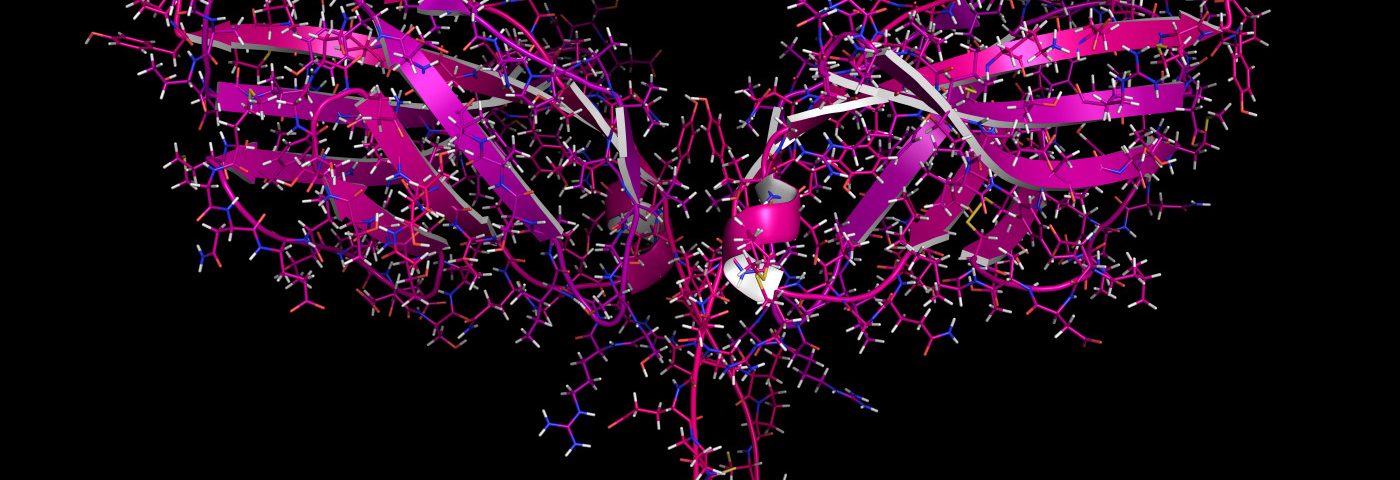Mersana Therapeutics is advancing its antibody-drug conjugate XMT-1536 into clinical development for ovarian and other tumor types, after the U.S. Food and Drug Administration cleared the company’s investigational new drug (IND) application.
XMT-1536 is a first-in-class antibody drug conjugate (ADC), a kind of drug that uses an antibody linked to a toxic payload, which targets specific tumor cells. XMT-1536 targets a protein called sodium-dependent phosphate transport protein 2b (NaPi2b) present in 75 to 90 percent of non-squamous, non-small cell lung cancer (NSCLC) and epithelial ovarian cancer.
The FDA’s OK cleared the way for the initiation of Phase 1 clinical trials evaluating the drug’s safety and preliminary signs of efficacy in patients with NaPi2b-positive tumors.
“We are excited to be moving XMT-1536 into clinical development as a first-in-class and potentially best-in-class ADC against NaPi2b, a target with outstanding properties for ADC development on the Dolaflexin platform,” Donald A. Bergstrom, chief medical officer, Mersana, said in a press release. “Currently, patients with advanced epithelial ovarian cancer, non-squamous NSCLC and other NaPi2b-expressing tumors have a poor prognosis, and there’s a clear need for better treatment options. We look forward to beginning the clinical investigation of XMT-1536, which has shown promising results in preclinical models.”
Mersana used its Dolaflexin platform to develop XMT-1536. The proprietary antibody is linked to the drug payload by Fleximer, a polymer that carries high amounts of a drug to kill tumor cells more efficiently. Fleximer is also biodegradable and designed to reduce the toxicity of the drug.
Preclinical studies in animals with human ovarian cancer tumors showed that XMT-1536 induced tumor responses in 10 of 12 (83%) cases of NaPi2b-positive models. It also induced tumor regression by more than 50 percent in 10 of 19 (53%) human ovarian cancers that had been implanted in animals – these had not been selected for NaPi2b protein expression.
“The clearance of this IND, our second in a year, marks an important milestone for the company as we continue to move our novel pipeline of product candidates into the clinic,” said Anna Protopapas, president and chief executive officer of Mersana.

